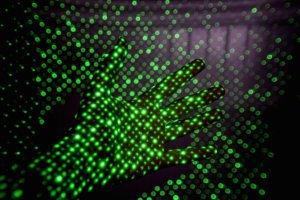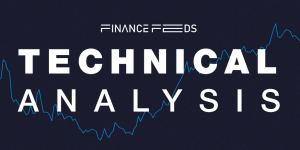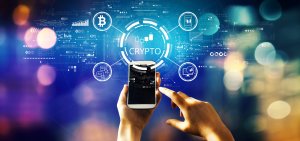Japan Exchange Regulation, Tokyo Stock Exchange deploy AI solutions to enhance market surveillance
The aim of the new technologies is to detect misconduct such as market manipulation.

Artificial intelligence is making further strides in helping prevent market abuse. Earlier today, Japan Exchange Regulation (JPX-R) and Tokyo Stock Exchange, Inc. (TSE) announced they would apply AI to market surveillance operations in order to detect misconduct such as market manipulation. The deployment of AI to the Exchanges’ market surveillance operations starts today.
In surveillance operations of the TSE market for monitoring and preventing unfair trading, a broad range of orders that are likely to involve unfair trading are first identified by surveillance systems based on certain criteria. Surveillance personnel then conduct preliminary investigations to analyze the trading situation surrounding such orders. Based on these preliminary investigations, surveillance personnel determine the possibility of unfair trading before conducting detailed investigations and report to the Securities Exchange Surveillance Commission.
JPX-R and TSE said they would be deploying two AI solutions: NEC Corporation’s “NEC Advanced Analytics – RAPID machine learning” and Hitachi, Ltd.’s “Hitachi AI Technology/H”. These technologies have been supplied with a store of knowledge previously used in operations by surveillance personnel to evaluate irregularities in trade activity for preliminary investigations.
The new AI technology enables surveillance personnel to complete preliminary investigations more quickly and to focus on detailed investigations. While the final decision on conducting such investigations will continue to be made by surveillance personnel, this initiative facilitates more in-depth and detailed investigations and is expected to improve their market monitoring functions, thereby protecting the fairness and credibility of the TSE market.
The start of AI deployment by JPX-R and TSE happens nearly a year after the Exchanges said they were conducting tests in this area. Among the advantage of the new systems over conventional surveillance systems, which determine cases of unfair trading based on preset patterns, is that AI is able to learn on its own and determine the possibility of unfair trading. “H”, for instance, is known for its ability to learn from large amounts of data and make judgments on its own, thus removing the need for people to set up hypotheses in advance and finding solutions that human beings could not conceive.









